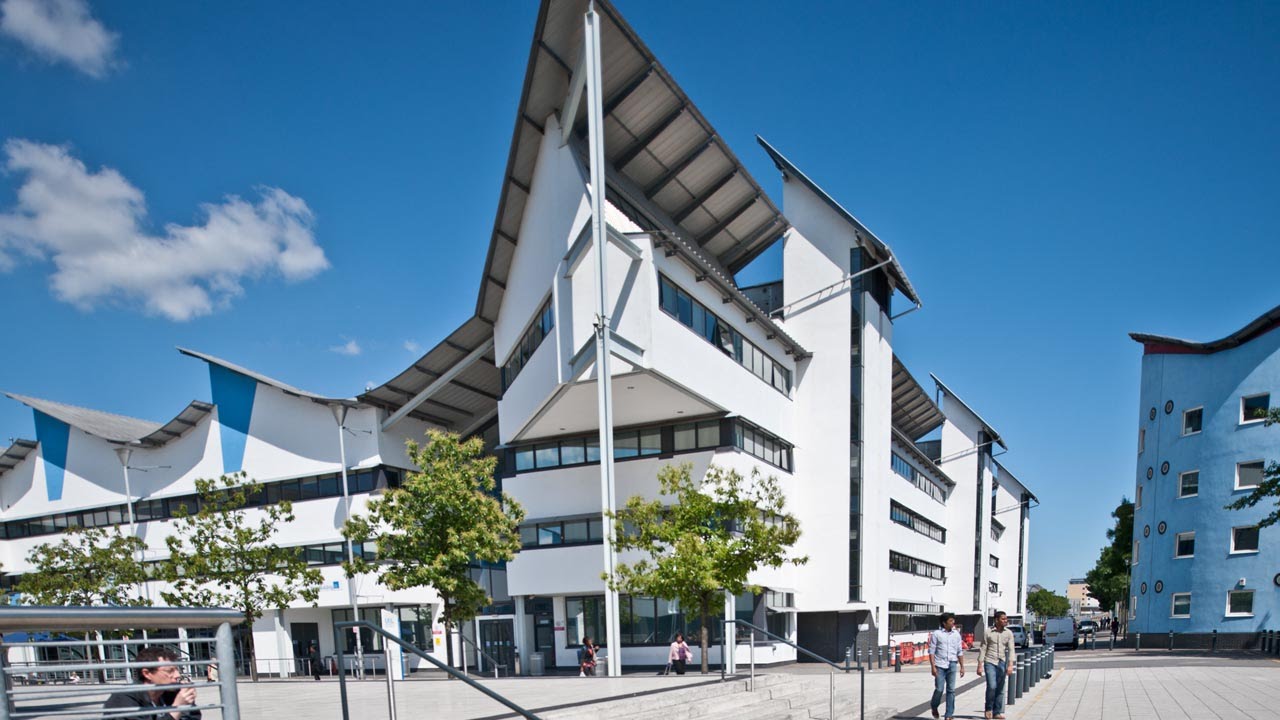University Of East London Gets Boost For Afghan Research Project
A research project aimed at supporting the mental health of Afghan refugees has received an extension to continue its vital work following a series of upheavals.
The project, initially a collaboration between the University of East London and the University of Herat, faced numerous challenges due to the outbreak of the Covid-19 pandemic and the subsequent political changes in Afghanistan which saw the Taliban take control of public universities.
The project, supported by the Academy of Medical Sciences and the Global Challenges Research Fund, has persevered and adapted its focus to cater to the needs of Afghan refugees who fled their homeland after the events of summer 2021.
Led by
Dr Lucia Berdondini
, from the Department of Professional Psychology at the University of East London, and Mr Ali Kaveh, now lecturer and researcher at the University of British Columbia, Canada, the project initially aimed to establish a network between academic institutions and mental health services in Afghanistan.
The objective was to explore the role of higher education institutions in supporting the mental health of students and develop protocols and services to address their needs. To achieve this, the project utilised the culturally sensitive Afghan Symptoms Checklist, a questionnaire specifically designed to assess stress and mental health in the Afghan context.
Dr Berdondini said, “That was supposed to happen – but then, of course, Covid struck so we were all in lockdown for a while and universities were closed. We had an extension with the funder to move the activities online, but then, in the summer of 2021, the Taliban gained control of the government so universities were closed for a long time and lots of people left the country.”
As a result, the project’s original plan became unfeasible, leading to uncertainty about what to do next.
To overcome these challenges, the research team decided to seek an extension until March 2024 and redirect their efforts towards assessing the mental health of Afghan refugees who left the country after the Taliban takeover. This extension has now been approved.
By conducting the assessment online by the checklist and individual phenomenological interviews, the researchers aim to gain insights into the experiences of Afghan refugees and the support they require, feeding their information back to service suppliers.
Stigma and trauma
The project acknowledges the cultural stigma surrounding mental health in Afghanistan – where seeking counselling is often considered taboo – and strives to integrate Western counselling approaches with Afghan cultural perspectives.
Dr Berdondini, who works in the
School of Psychology
, said, “The trauma is very profound and very complex and is linked to sense of loss of identity.
“Many have left families and are very worried about those who remain behind. There is a sense of loss and grief because very likely they will never go back to their country.
“Very often they left in a rush, taking nothing with them, settling in countries with new cultures and languages. Each of these stages – leaving the native country, travelling to a new destination, and settling into a new culture – is potentially very traumatic.”
At the same time, the prevailing view of refugees as victims was very limiting, especially in the case of Afghan people, she said.
“My experience is that the Afghan people are incredibly strong and resilient and bold and courageous. We’re talking about a country that has been in conflict for more than 50 years so everyone grew up amid violence.
“This is why I was so enthusiastic about working there because I learned a lot about life, strength and resilience. In the West we’re used to the idea of the refugees as very vulnerable. In my experience, they are very much stronger than me.”
The project seeks to shed light on the unique needs of Afghan refugees and make recommendations to Western receiving countries on how to provide culturally sensitive psychosocial support.
By focusing on the voices of Afghan refugees, the research project aims to contribute to a more person-centred approach to humanitarian psychosocial intervention.
Dr Berdondini said, “We want to support these people to really be able to reintegrate themselves into the new culture and rebuild their lives in a meaningful way. We need to hear their voices. We need to understand better what they need and we need to learn how to be helpful.”

